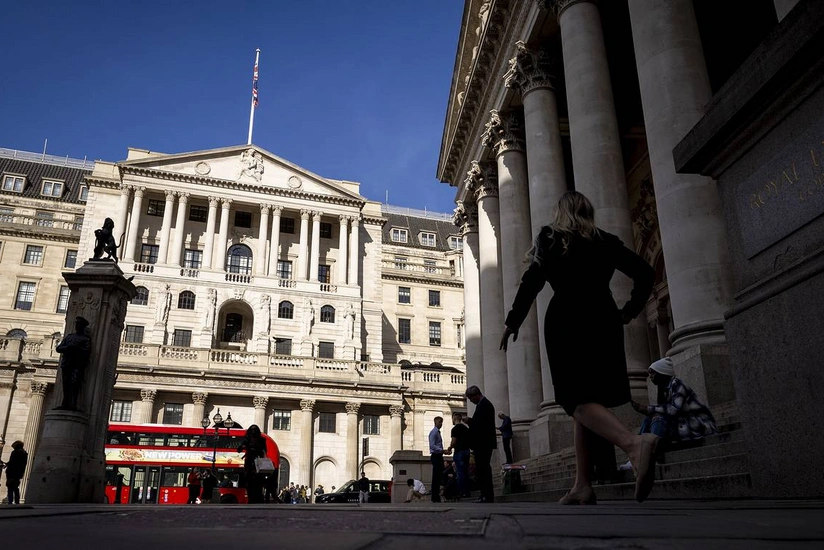Bank of England readies ninth interest rate hike
- 15 December, 2022
- 08:05

A ninth interest rate hike in a row by the Bank of England looks to be a foregone conclusion on December 15 and investors will be looking for clues on how many more will be needed with the economy sliding into recession but inflation still above 10%, Report informs referring to Reuters.
The Monetary Policy Committee (MPC) has faced both encouraging and worrying news on the economy since a majority voted in early November to raise rates by 0.75 percentage point, the biggest hike since 1989.
Consumer prices rose by less last month than the BoE had expected, according to data published on December 14, and business surveys have pointed to fading momentum in the economy.
But basic wages grew at the fastest pace since at least 2001, excluding the pandemic period, according to figures released on December 13 - probably worrying those officials who see a greater risk of inflation becoming embedded.
Britain's economy looks set to be the weakest performer among Group of Seven nations in 2023, according to the Organization for Economic Co-operation and Development.
While the pound has strengthened over the last month, the country's inflation problem is being compounded by an acute shortage of workers to fill vacancies, leaving the BoE facing a difficult balancing act.
